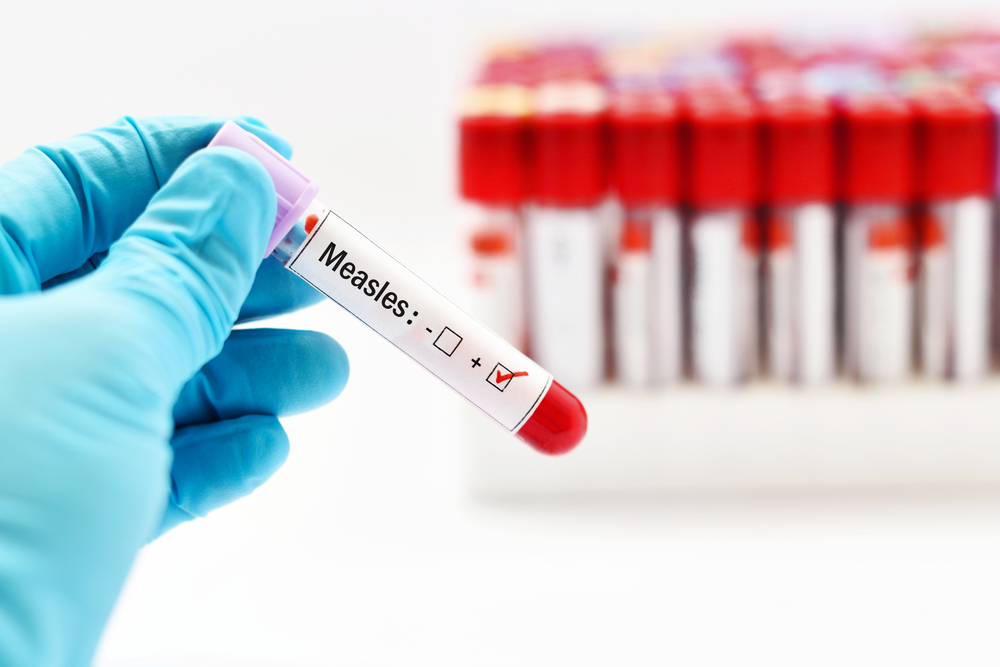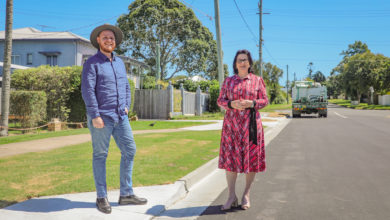
A measles alert has been issued after a female visited parts of Ipswich and Brisbane while unknowingly infectious.
Queensland Health was notified of the case after the female, who lives in the West Moreton area, was diagnosed with measles after travelling interstate.
West Moreton Health’s public health physician Dr Vicki Slinko said residents in the Brisbane and Ipswich areas should be alert for symptoms over the next couple of weeks.
Anyone who may have come in contact with the person who is uncertain of their immunity to measles should speak to their GP immediately.
Locations the female visited while infectious are:
Bus 444 from Indooroopilly to South Bank in the evening of Friday, 4 January 2019
Max Brenner restaurant at South Bank in the evening of Friday, 4 January 2019
Dr Slinko said Public Health staff have already contacted people known to have been in close contact with the person but warned that due to the popularity of the South Bank area, there were likely to be others who were potentially exposed in public areas.
“If people are adequately vaccinated with two recorded doses of Measles Mumps Rubella (MMR) vaccine, they are very unlikely to get the disease. People who are unsure or have concerns about their immunity to measles should contact their doctor to check whether they have had both vaccines,” Dr Slinko said.
“Measles is one of the most infectious of all communicable diseases and is spread by tiny droplets through coughing and sneezing.
“True measles is a serious viral infection that causes fever, cough, runny nose, then a red spotty rash and sore eyes a few days later.”
Symptoms usually start around seven to 10 days after infection but sometimes longer so anyone who develops measles-like symptoms within the next fortnight should contact their GP for advice.
“It is very important to call the medical practice first to say you could have measles, so that staff can take precautions to avoid spreading the disease to others.”
Dr Slinko said measles can make people very unwell and although complications are uncommon they can be very serious.
About 30 per cent of adults with measles will be hospitalised.
“It can be a severe illness even in otherwise healthy adolescents and young adults,” Dr Slinko said.
“Queensland Health staff will continue to actively investigate this case and do whatever they can to prevent further transmission.
“Because of recent measles outbreaks overseas, it is particularly important for travellers to get vaccinated before leaving Australia. Please speak to your GP regarding vaccination before travelling.”
Queensland Health recommends anyone born during or since 1966, who has not had two documented doses of measles, mumps, rubella (MMR) vaccine or had proven measles, should visit their local family doctor to get vaccinated for measles. The vaccine is free for anyone who requires it.

